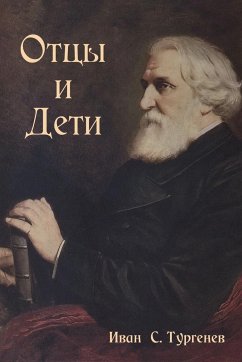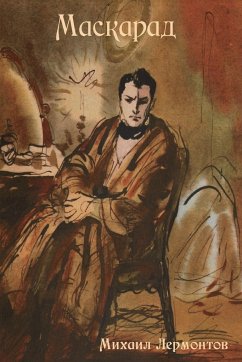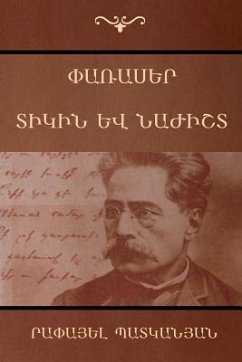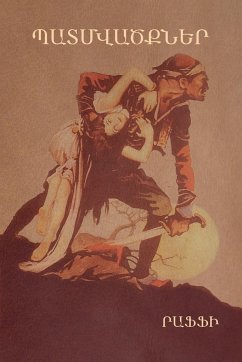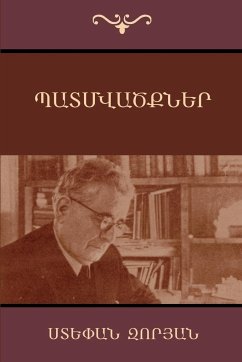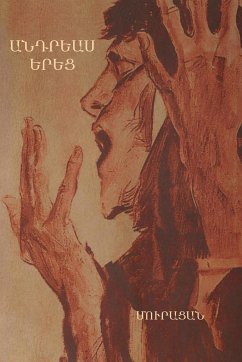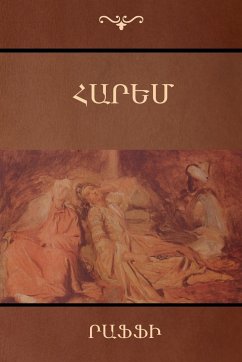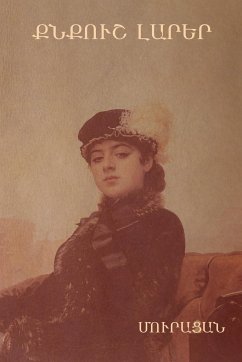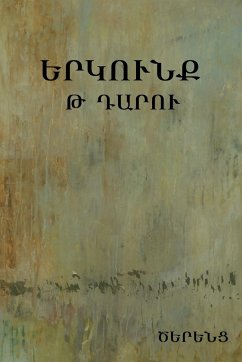
Мертвые души
Russian]
Versandkostenfrei!
Sofort lieferbar
20,99 €
inkl. MwSt.

PAYBACK Punkte
10 °P sammeln!
Dead Souls (Russian: ¿¿¿¿¿¿¿ ¿¿¿¿, Myortvyjya dushi) is a novel by Nikolai Gogol, first published in 1842, and widely regarded as an exemplar of 19th-century Russian literature. The purpose of the novel was to demonstrate the flaws and faults of the Russian mentality and character. Gogol masterfully portrayed those defects through Chichikov (the main character) and people which he encountered in his endeavours. Those people are typical of then Russian middle-class. Gogol himself saw it as an "epic poem in prose", and within the book as a "novel in verse". Despite supposedly completi...
Dead Souls (Russian: ¿¿¿¿¿¿¿ ¿¿¿¿, Myortvyjya dushi) is a novel by Nikolai Gogol, first published in 1842, and widely regarded as an exemplar of 19th-century Russian literature. The purpose of the novel was to demonstrate the flaws and faults of the Russian mentality and character. Gogol masterfully portrayed those defects through Chichikov (the main character) and people which he encountered in his endeavours. Those people are typical of then Russian middle-class. Gogol himself saw it as an "epic poem in prose", and within the book as a "novel in verse". Despite supposedly completing the trilogy's second part, Gogol destroyed it shortly before his death. Although the novel ends in mid-sentence (like Sterne's Sentimental Journey), it is usually regarded as complete in the extant form.





